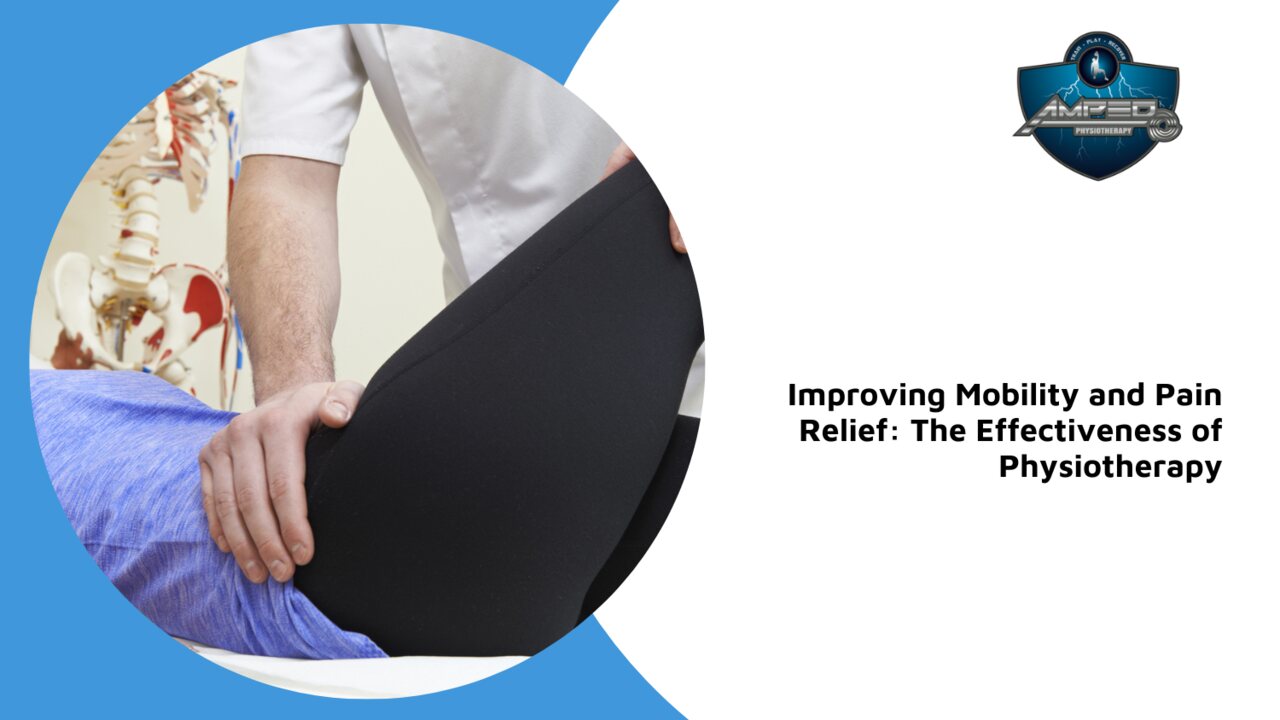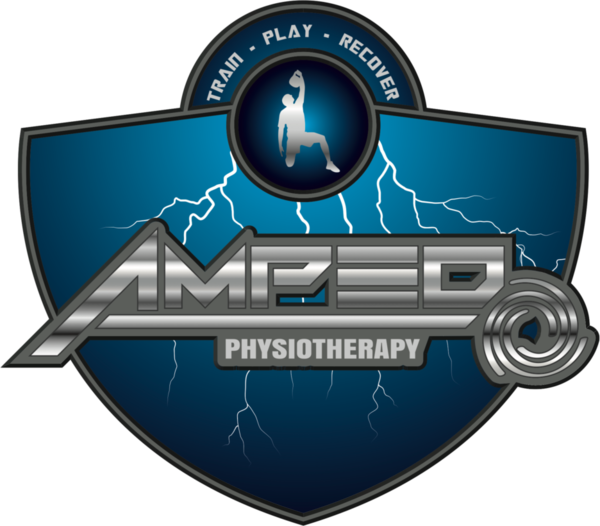Frozen shoulder, also known as adhesive capsulitis, is a condition that causes stiffness, pain, and limited range of motion in the shoulder joint. It can significantly impact daily activities and quality of life. This blog explores the nature of this condition, how physiotherapy can help treat frozen shoulder, and the typical recovery timeline.
What is Frozen Shoulder?
Frozen shoulder is a condition marked by the gradual onset of pain and stiffness in the shoulder joint. This occurs when the capsule of connective tissue surrounding the shoulder joint thickens and tightens, restricting movement.
The condition typically progresses through three stages. The first is the freezing stage, where pain increases gradually, and shoulder movement becomes limited. This stage can last from six weeks to nine months. Next is the frozen stage, during which pain may begin to diminish, but the shoulder remains stiff. This stage can last from four to six months. Finally, in the thawing stage, shoulder movement gradually improves, and complete recovery can take six months to two years.
Frozen shoulder is more common in people aged 40 to 60, especially women, and those with certain medical conditions like diabetes, heart disease, or thyroid disorders.
Benefits of Physiotherapy for Frozen Shoulder
Physiotherapy plays a crucial role in managing and treating frozen shoulder by focusing on reducing pain, improving range of motion, and restoring function. Here’s how physiotherapy helps:
- Pain Relief: Physiotherapists use various techniques to alleviate pain, such as manual therapy, heat and cold therapy, and electrical stimulation.
- Improving Mobility: Stretching and mobilization exercises help increase the range of motion in the shoulder joint.
- Strengthening Exercises: Specific exercises strengthen the muscles around the shoulder, providing better support and stability.
- Education and Self-Management: Physiotherapists educate clients on how to manage their condition, perform exercises at home, and make lifestyle adjustments to support recovery.
Physiotherapy Techniques Used to Treat Frozen Shoulder
Several physiotherapy treatments are effective in managing frozen shoulder:
- Manual Therapy: This hands-on technique involves mobilizing the shoulder joint to improve movement and reduce stiffness.
- Exercise Programs: Targeted exercises help strengthen the shoulder and improve flexibility.
- Heat and Cold Therapy: Applying heat before exercises helps relax muscles and increase blood flow, while cold therapy after exercises reduces inflammation and pain.
- TENS (Transcutaneous Electrical Nerve Stimulation): TENS uses low-voltage electrical currents to relieve pain and reduce muscle spasms.
- Dry Needling/IMS (Intramuscular Stimulation): This technique involves inserting fine needles into trigger points to release muscle tension and reduce pain.
- Neurodynamics Therapy: This focuses on the mobility and health of the nervous system, helping to reduce nerve-related pain and improve shoulder function.
Recommended Exercises for Frozen Shoulder
Exercises play a crucial role in the treatment and management of frozen shoulder. They help to improve flexibility, reduce stiffness, and restore normal movement in the shoulder joint. Here are some recommended exercises for frozen shoulder:
- Pendulum Stretch: Stand with your feet shoulder-width apart. Bend at the waist and let the affected arm hang down. Gently swing the arm in small circles, gradually increasing the diameter of the circle. Perform for 10-15 repetitions in each direction.
- Towel Stretch: Hold a towel behind your back with both hands, using the unaffected arm to pull the towel upward, gently stretching the affected shoulder. Repeat 10-20 times a day.
- Cross-Body Reach: Use your unaffected arm to lift your affected arm at the elbow and bring it up and across your body, exerting a gentle stretch on the shoulder. Hold the stretch for 15-20 seconds and repeat 10-15 times.
- Finger Walk: Face a wall with your fingers slightly bent. Using only your fingers, “walk” them up the wall as high as you comfortably can. Repeat 10-20 times.
- Armpit Stretch: Lift the affected arm onto a shelf or ledge at chest height. Gently bend your knees, opening up the armpit, and stretch the shoulder. Hold for 10-20 seconds and repeat 10-15 times.
Tips for Managing Frozen Shoulder Pain at Home
Managing frozen shoulder pain at home involves a combination of self-care strategies that complement your physiotherapy sessions. Here are some effective methods:
- Apply Heat or Cold: Use a heating pad or warm towel on your shoulder to help reduce pain and stiffness. Alternatively, cold packs can help reduce inflammation and numb sharp pain.
- Gentle Exercises: Continue with the exercises recommended by your physiotherapist to maintain and improve shoulder mobility.
- Rest: Avoid activities that exacerbate the pain but try not to immobilize the shoulder completely, as gentle movement helps in the recovery process.
- Maintain Good Posture: Pay attention to your posture, especially while sitting and standing, to reduce strain on your shoulder.
How Often Should I Attend Physiotherapy Sessions for Frozen Shoulder?
The frequency of physiotherapy sessions for frozen shoulder varies depending on the severity of the condition and individual progress.
Generally, during the initial stages, more frequent sessions are recommended to manage pain and begin restoring mobility. In the early stages, you may need to attend physiotherapy sessions multiple times per week to manage pain and inflammation and start gentle mobility exercises. As mobility improves and pain decreases, the frequency may reduce to once or twice a week, focusing on stretching and strengthening exercises. Once significant improvement is noted, sessions may be scheduled less frequently, such as once every few weeks, to monitor progress and adjust the exercise regimen as needed.
Consistent attendance and adherence to the home exercise program prescribed by your physiotherapist are crucial for optimal recovery.
Regain Your Mobility, Find Your Comfort
Frozen shoulder can be a debilitating condition, but with the right physiotherapy approach, significant improvements in pain, mobility, and function can be achieved. Understanding the nature of frozen shoulder and the benefits of physiotherapy empowers individuals to take proactive steps towards recovery.
If you are struggling with frozen shoulder, don’t let it limit your life any longer. At Amped Physiotherapy, our experienced Ottawa physiotherapists are dedicated to helping you regain your shoulder mobility and live pain-free. Contact us today to schedule an appointment and start your journey to recovery. Let us help you achieve optimal shoulder health and return to your daily activities with ease.






